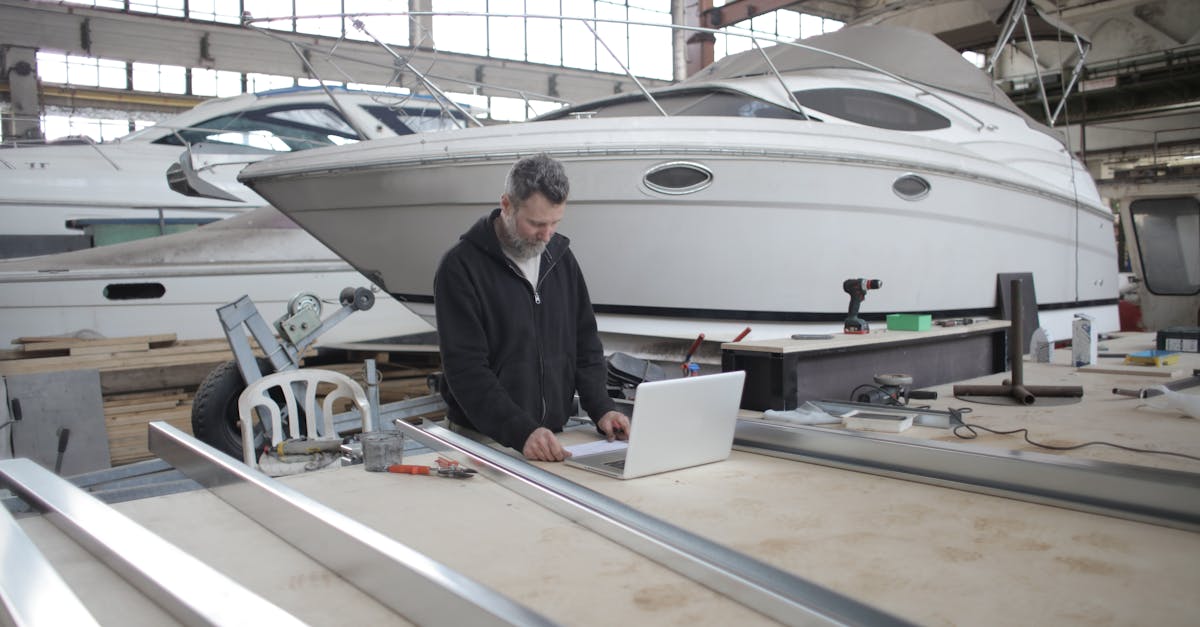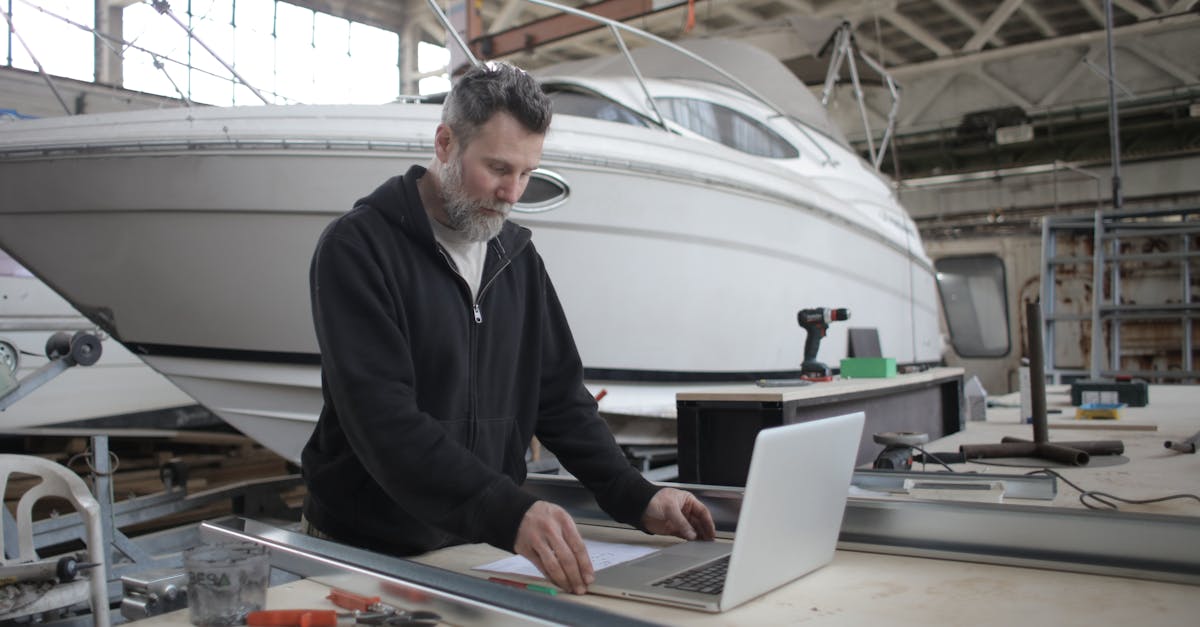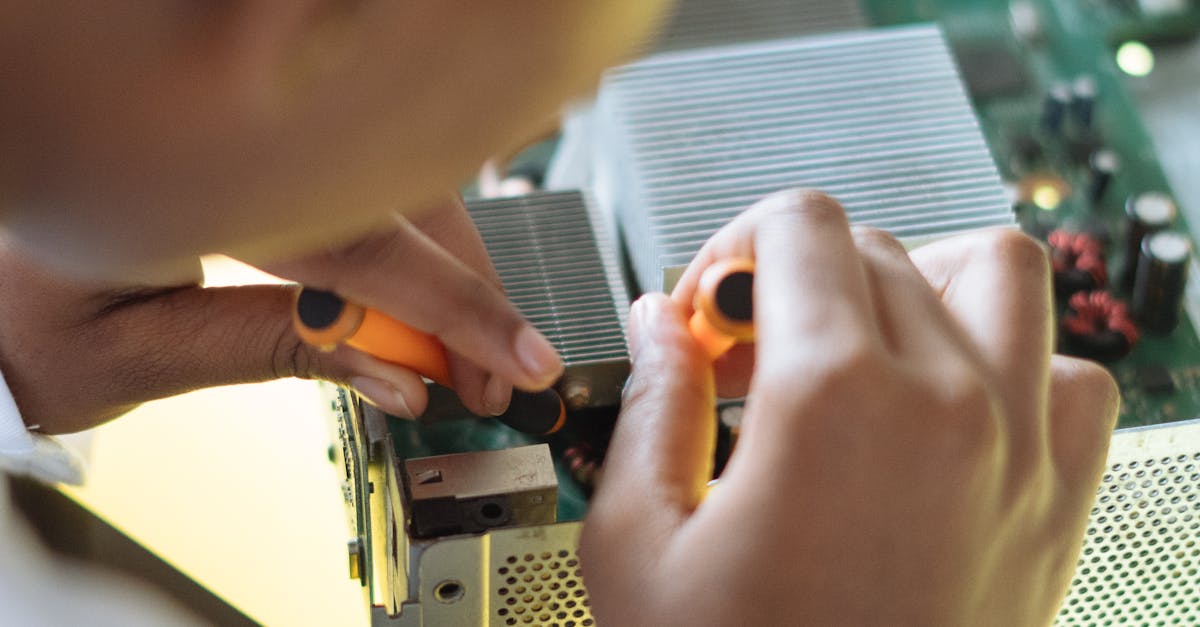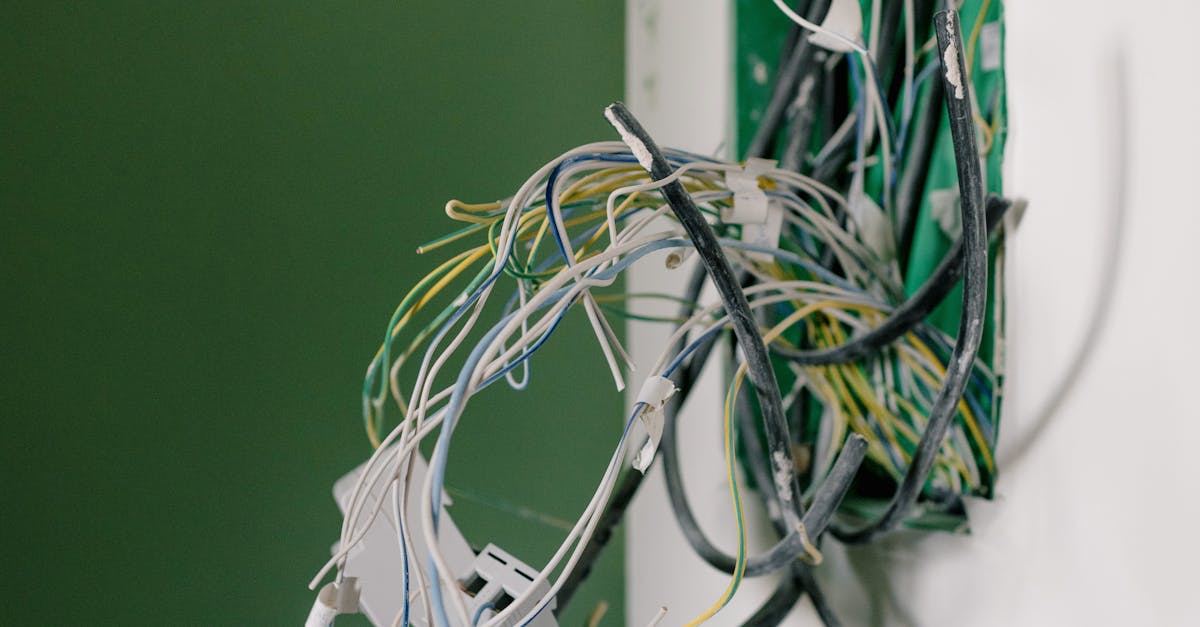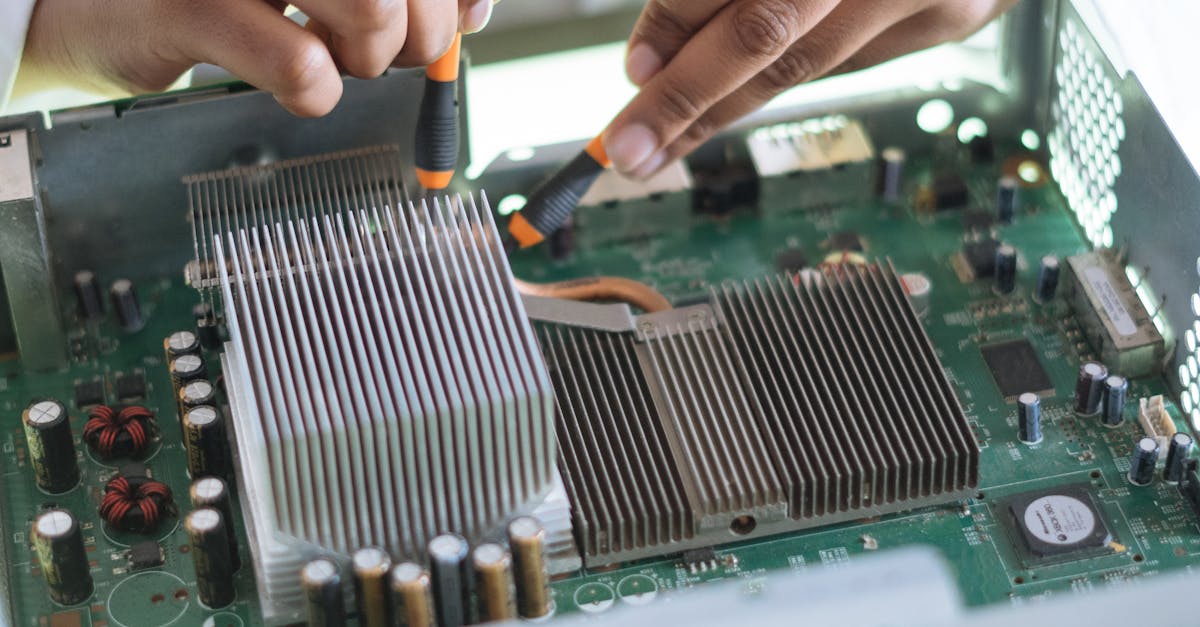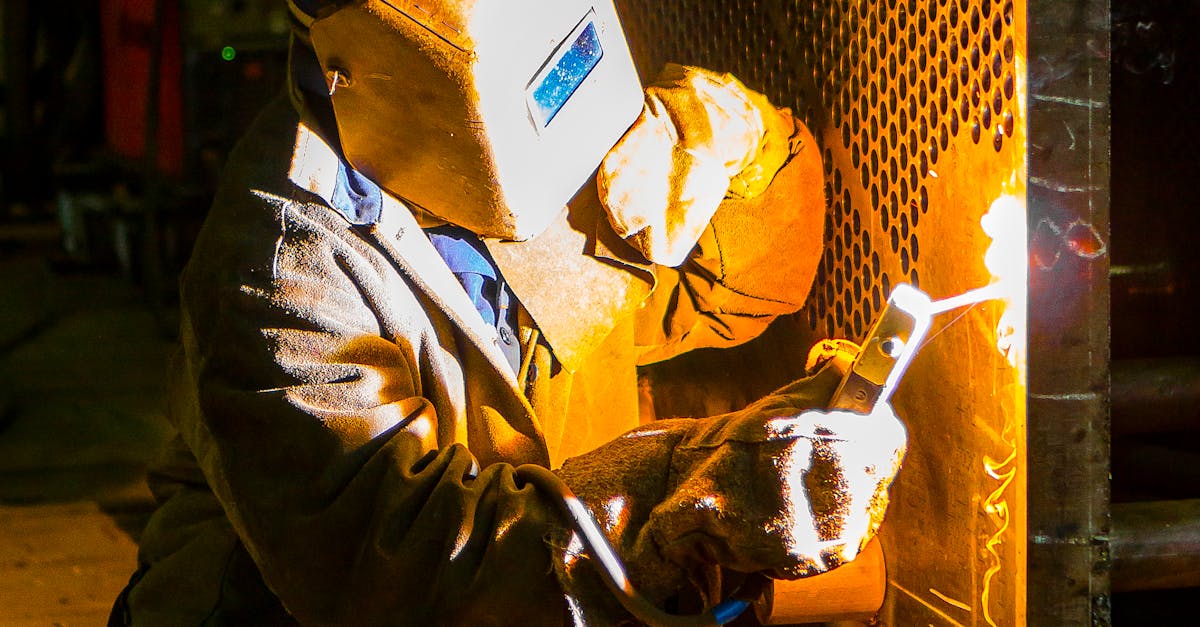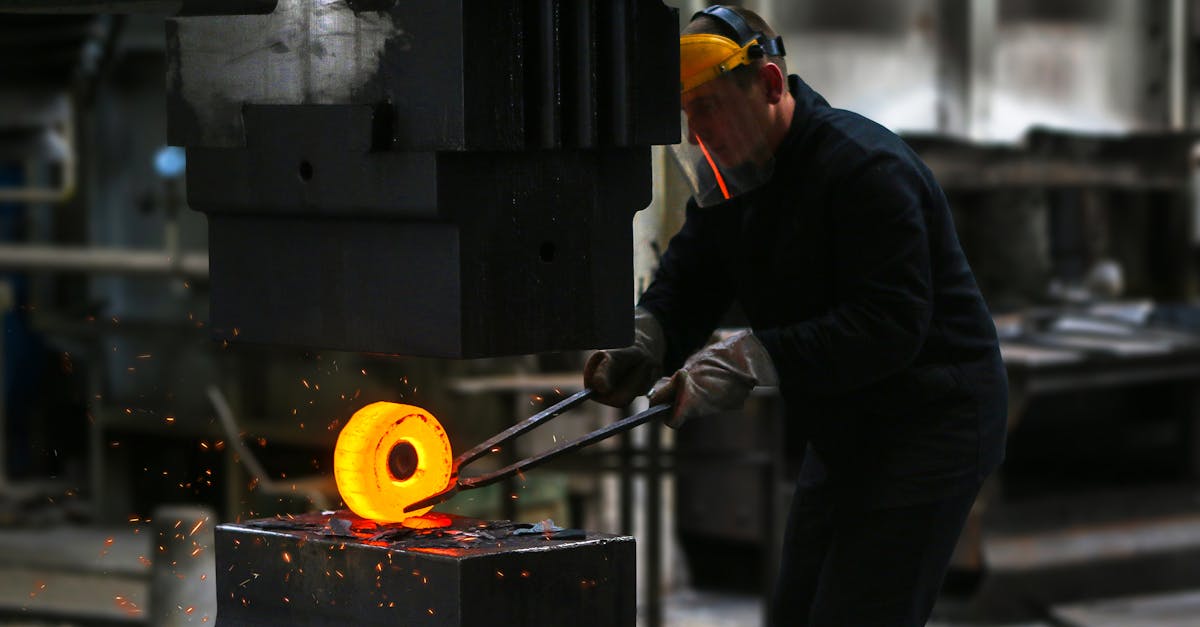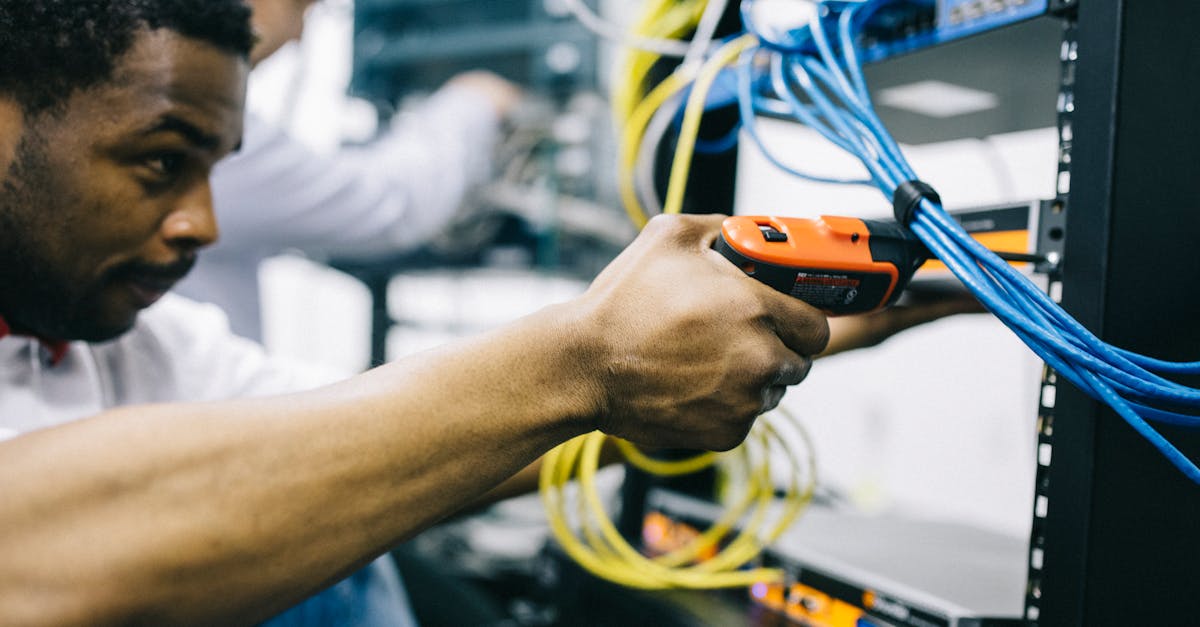
Table Of Contents
Suitability for Climate
When considering the choice between a solar hot water system and a heat pump, one of the key factors to evaluate is the suitability for different climate conditions. Solar hot water systems are typically more efficient in sunny and warm climates where there is ample sunlight available throughout the year. Conversely, heat pumps can perform more reliably in a variety of climates, including regions with cooler or overcast weather. Understanding the climate patterns of the area where the Hot Water System Installation will take place is crucial in determining which system would be more effective and cost-efficient in the long run.
Choosing between a solar hot water system and a heat pump also involves assessing the energy needs and usage patterns based on the prevailing weather conditions of the region. In areas that experience cold winters or frequent periods of inclement weather, a heat pump may be more reliable in providing consistent hot water supply. On the other hand, in locations with abundant sunshine and higher average temperatures, a solar hot water system could be a sustainable and environmentally friendly choice for Hot Water System Installation.
Determining which system performs better in different weather conditions
When considering which system performs better in various weather conditions, several factors come into play. Solar hot water systems typically rely on sunlight to generate heat, which means they may be more effective in areas with consistent sunshine. Conversely, heat pumps can function in a wider range of climates due to their ability to extract heat from the air or ground, making them a versatile option for locations with fluctuating weather patterns.
Hot water system installation in regions with ample sunshine, such as deserts or tropical areas, may benefit more from solar systems as they can harness the abundant sunlight efficiently. On the other hand, heat pumps might be a more suitable choice for locations prone to overcast days or cold temperatures since they can still operate effectively without direct sunlight. Consideration of the specific climate and weather conditions of a particular region is crucial when determining which system would perform optimally for hot water system installation.
Space Requirements
Space is a crucial consideration when choosing between a solar hot water system and a heat pump. Solar hot water systems typically require more physical space compared to heat pumps. The installation of solar collectors and tanks necessitates ample roof or ground space. Moreover, these systems might also need additional space for backup heating mechanisms, further increasing their spatial requirements.
Conversely, heat pumps generally occupy less space than solar hot water systems. The compact design of heat pumps allows for more flexible installation options, making them suitable for properties with limited space availability. Given their smaller footprint, heat pumps can be a preferred choice for homeowners looking to maximize space utilization while ensuring efficient Hot Water System Installation.
Contrasting the physical space needed for solar hot water systems and heat pumps
Solar hot water systems and heat pumps differ significantly in terms of space requirements for installation. Solar hot water systems typically require more physical space compared to heat pumps. This is primarily due to the need for larger solar panels or collectors to capture sunlight and convert it into heat for water heating. These panels are generally installed on the roof or in an open area with unobstructed access to sunlight, making them ideal for properties with ample outdoor space available for Hot Water System Installation.
On the other hand, heat pumps are more compact and versatile in terms of installation locations. These systems can be installed either indoors or outdoors, depending on the space availability and homeowner preferences. Heat pumps do not rely on extensive solar panels for operation, making them a suitable option for properties with limited outdoor space or rooftop access. Additionally, the compact design of heat pumps allows for flexible placement options, making them a convenient choice for various property types.
Durability and Lifespan
When considering the longevity and resilience of solar hot water systems versus heat pumps, it is evident that both options have their advantages. Solar hot water systems typically have fewer moving parts, which may result in fewer opportunities for malfunctions or breakdowns. However, exposure to the elements and wear from continuous use can impact the lifespan of solar hot water systems. In contrast, heat pumps are generally considered durable and have a longer lifespan due to fewer external factors affecting their operation. Proper maintenance for both systems is crucial in ensuring their longevity and efficiency.
Hot water system installation plays a vital role in determining the durability and lifespan of both solar hot water systems and heat pumps. Factors such as the quality of installation, regular upkeep, and adherence to manufacturer guidelines significantly impact the overall performance and longevity of these systems. While heat pumps may have a longer average lifespan compared to solar hot water systems, the durability of both systems heavily relies on the initial installation and ongoing maintenance practices to ensure they operate effectively for many years to come.
Exploring the longevity and resilience of solar hot water systems versus heat pumps
When it comes to the durability and lifespan of hot water systems, both solar hot water systems and heat pumps offer advantages. Solar hot water systems have a reputation for their longevity, with the right maintenance and care, they can last up to 20 years or more. However, heat pumps are also known for their durability, typically lasting between 10 to 15 years. The key difference lies in the maintenance requirements, with heat pumps necessitating more upkeep compared to solar hot water systems.
Hot water system installation is a crucial aspect to consider when evaluating the resilience of solar hot water systems versus heat pumps. Solar hot water systems require ample roof space for solar panels and a storage tank, depending on the size of the system. This can be a limiting factor for those with limited roof space. Conversely, heat pumps are more compact and require less physical space, making them a more practical choice for households with space constraints. Ultimately, the decision between solar hot water systems and heat pumps depends on factors such as available space, maintenance capabilities, and desired longevity.
FAQS
Are solar hot water systems or heat pumps better for the environment?
Both solar hot water systems and heat pumps are considered environmentally friendly options compared to traditional water heating systems. Solar hot water systems use renewable energy from the sun, while heat pumps use electricity to transfer heat, making them more energy-efficient.
Which system is more cost-effective, solar hot water or heat pump?
The cost-effectiveness of solar hot water systems versus heat pumps depends on various factors such as the initial installation cost, energy prices, and maintenance expenses. Generally, solar hot water systems have a higher upfront cost but lower operating costs over time, while heat pumps may have lower initial costs but higher long-term energy consumption.
Can solar hot water systems and heat pumps be used in all climates?
Solar hot water systems are more effective in regions with abundant sunlight and higher average temperatures, making them suitable for warmer climates. Heat pumps, on the other hand, can operate efficiently in a wider range of climates, including colder regions, as they rely on ambient air temperature for heat transfer.
How do the space requirements of solar hot water systems compare to heat pumps?
Solar hot water systems typically require more physical space for installation, as they include solar collectors and storage tanks. In contrast, heat pumps are more compact and can be installed in smaller areas, making them a suitable option for properties with limited space.
Which system has a longer lifespan, solar hot water systems or heat pumps?
Solar hot water systems are known for their durability and longevity, with some systems lasting up to 20 years or more with proper maintenance. Heat pumps also have a relatively long lifespan of around 10-15 years on average, but may require more frequent maintenance and repairs compared to solar hot water systems.

